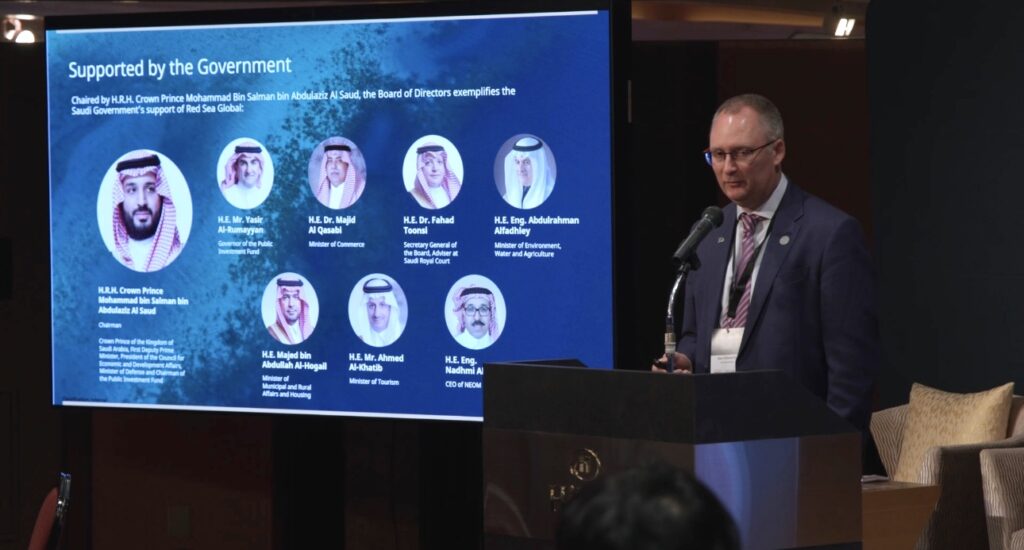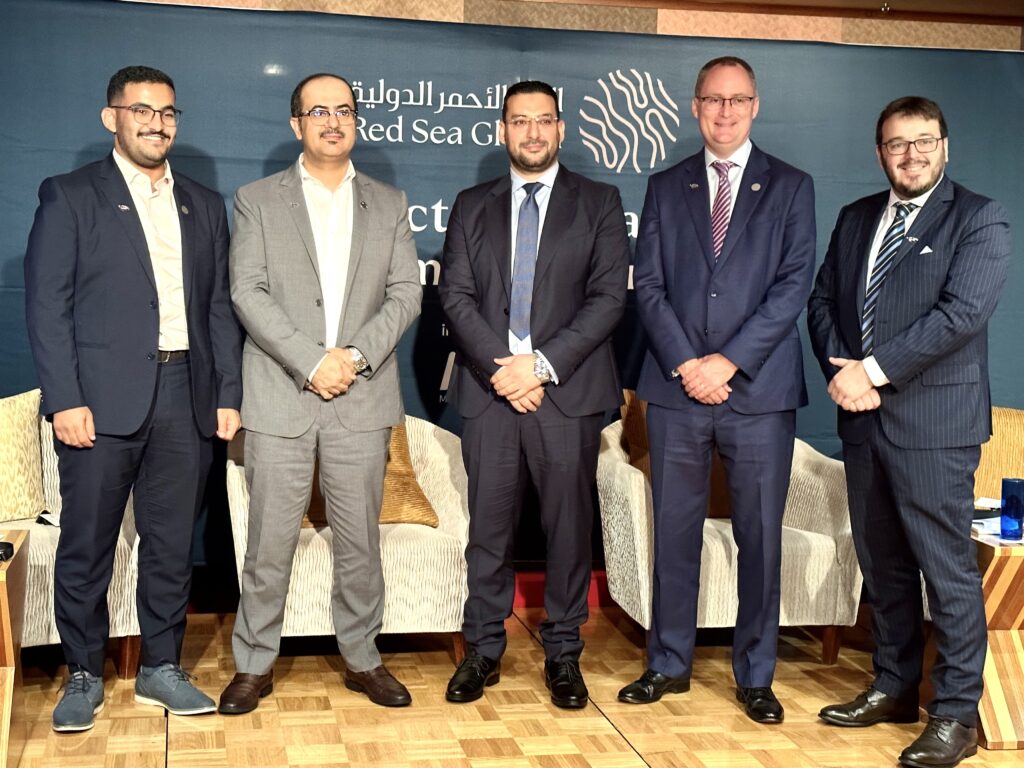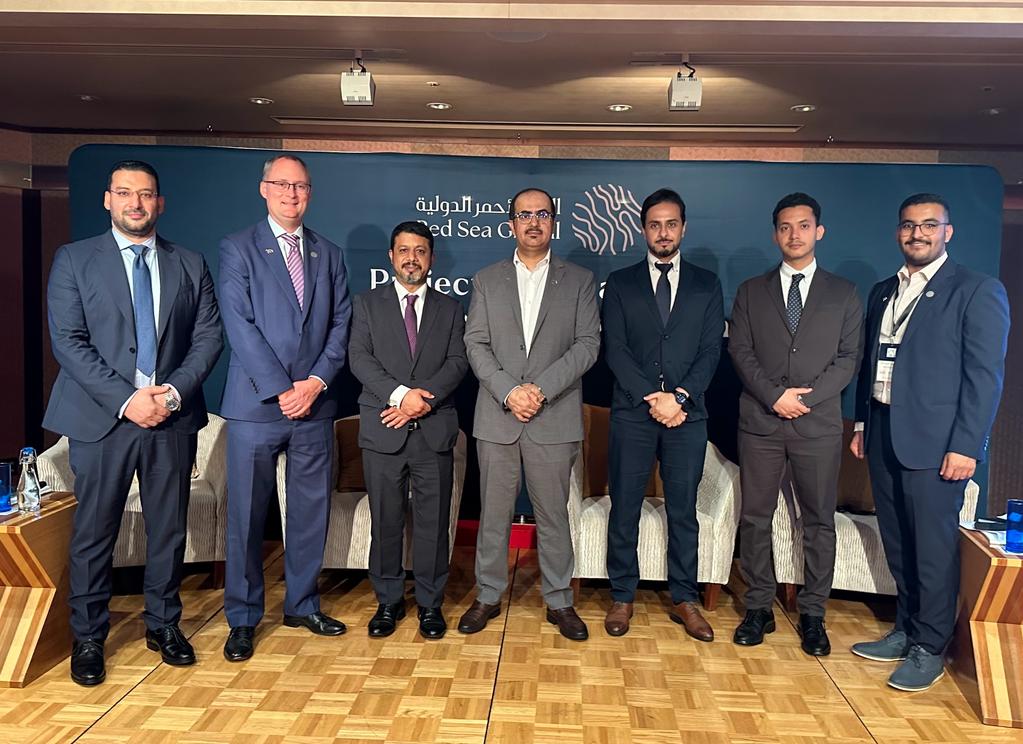





TOKYO: Red Sea Global outlined its giga-projects and opportunities in Saudi Arabia for Japanese companies interested in being part of the development of tourist destinations along the Red Sea.
The event was hosted by developer Red Sea Global with participants including the MEED information group and construction company BEC Arabia.
RSG is facilitating an ambitious sustainable tourism industry in Saudi Arabia, which is keen to diversify its economy under its Vision 2030 plan, particularly in the field of tourism. So far, RSG has been involved in the awarding of more than $7.2 billion worth of contracts on the Red Sea project and $3.5 billion on the Amaala project. In 2023, it plans to procure more than $8 billion in contracts.
Ed James of MEED/GlobalData outlined the many opportunities that Saudi Arabia offers as its economy moves away from oil and into other fields, pointing out that nearly half of the contracts awarded in the last two decades have gone to international companies from South Korea, Japan, China and Italy.
RSG’s Ben Edwards gave an insight into the scale of existing and future projects, which also cover other developments in places such as Qatar and Egypt. He also explained potential costs, material and supply requirements and how companies can be part of the new projects.
“We are the developers behind regenerative tourist destinations on the Red Sea coast in Saudi Arabia, and Phase 1 involves the construction of 16 very luxurious hotels, which are a mixture of inland hotels, some individual island hotels and one large island that has 11 hotels,” he explained. “Add to that Red Sea International Airport and all of the associated backup housing infrastructure of a big tourism resort. A little further up the coast, we have the Amaala project and Phase 1 there consists of eight hotels and a Marina Yacht Club area.
“The opportunities for the Japanese market are very broad as we are not only the designers and constructors of these hotels, we are the operators of them. So, we are procuring the full range of goods and services not only for the design and construction of the resorts and assets but also the operational work streams such as security, catering, air services, ground transportation, even landscaping. So, there are many wide and varied opportunities for Japanese companies, and we are excited to develop the relationships.”
The presentation in Japan aimed to attract the involvement of Japanese companies to the projects, as RSG’S Procurement Executive Director Mohammed Al-Fardan explained: “We are here today in Japan to show the opportunities we have in Red Sea Global and also the projects we have in the pipeline — nine or 10 projects that we have in the master planning phase. Here at Red Sea Global, and also as Saudis, we believe in the Japanese contractors’ and suppliers’ quality and capabilities. We have had a good experience with them at Red Sea Global. We invite all Japanese contractors and suppliers to participate and to join us in our journey.”
Shigeru Nakajima, a senior general manager for Mitsubishi Heavy Industries, told Arab News Japan that his company has had good experiences working in the Kingdom.
“We have long been involved in the Kingdom’s projects in the 1990s and at the beginning of the 2000s. So far, we could not join this project, but we heard that contract conditions had eased, and payment conditions had been worked out, so we really wanted to get involved in Saudi projects again,” he said.
The Red Sea project was launched in 2017 and this year will see the opening of three resorts and Red Sea International Airport, currently for domestic flights only but with international flights to be added next year. The Red Sea project aims to be completed by 2030 and to be entirely powered by renewable energy.